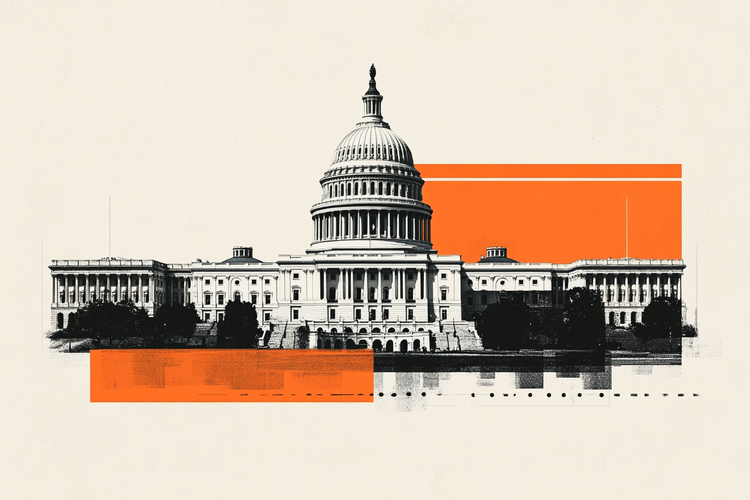The One Big Beautiful Bill contains many worrying aspects that further increase the debt level, without a strong economic impulse. Beyond the headline tax cuts, it also contains some proposals for various taxes, such as Section 899, that look an awful lot like capital controls. Various members of the Trump administration have spoken out in favor of such controls. Similar to tariffs, capital controls can reduce the trade deficit, and similar to tariffs, they are stagflationary. In contrast to tariffs, capital controls in theory reduce the value of the dollar, ABN AMRO’s economist Rogier Quaedvlieg reports.
Foreign investors may lose further confidence in the U.S.
“Section 899 of the Big Beautiful Bill enables the U.S. government to levy taxes on individuals and businesses from countries with ‘discriminatory’ tax regimes. According to the Tax Foundation, nations with ‘unfair taxes’ contribute approximately 80% of inbound foreign investment into the U.S. To some extent, the U.S. already possessed this capability under Section 891 of the current tax code, which could double the taxes for citizens and firms from such countries. A crucial distinction lies in the exemption for portfolio interest earned, potentially shifting foreign demand from other inbound investments to Treasuries, further supporting the notion that the government is actively seeking to bolster Treasury demand.”
“A decline in demand for other U.S. assets would lead to higher borrowing costs and inhibit investment, reducing productivity and trend growth. Elevated borrowing costs would also suppress import demand, narrowing the trade balance. However, it would also adversely impact demand for domestically produced goods. The Federal Reserve could potentially intervene by lowering rates. This would further suppress the dollar, making imports more expensive, further narrowing the trade balance. Even then, this scenario confronts the same limitations already faced by the Trump administration: the U.S. economy cannot immediately produce all the goods it currently imports. The only solution is for the US to consume less.”
“The overall impact on the economy would not be favorable, and the repercussions for financial markets could be significantly worse. This reputational damage has arguably been a major factor driving the dollar’s devaluation in recent months. Ifc – which implementation of capital controls would certainly do – there would be severe adverse effects on the dollar and yields. A depreciated dollar would raise inflation, and higher rates would further impede investment. In summary, although the channels differ from tariffs, the outcome remains a stagflationary shock.”

